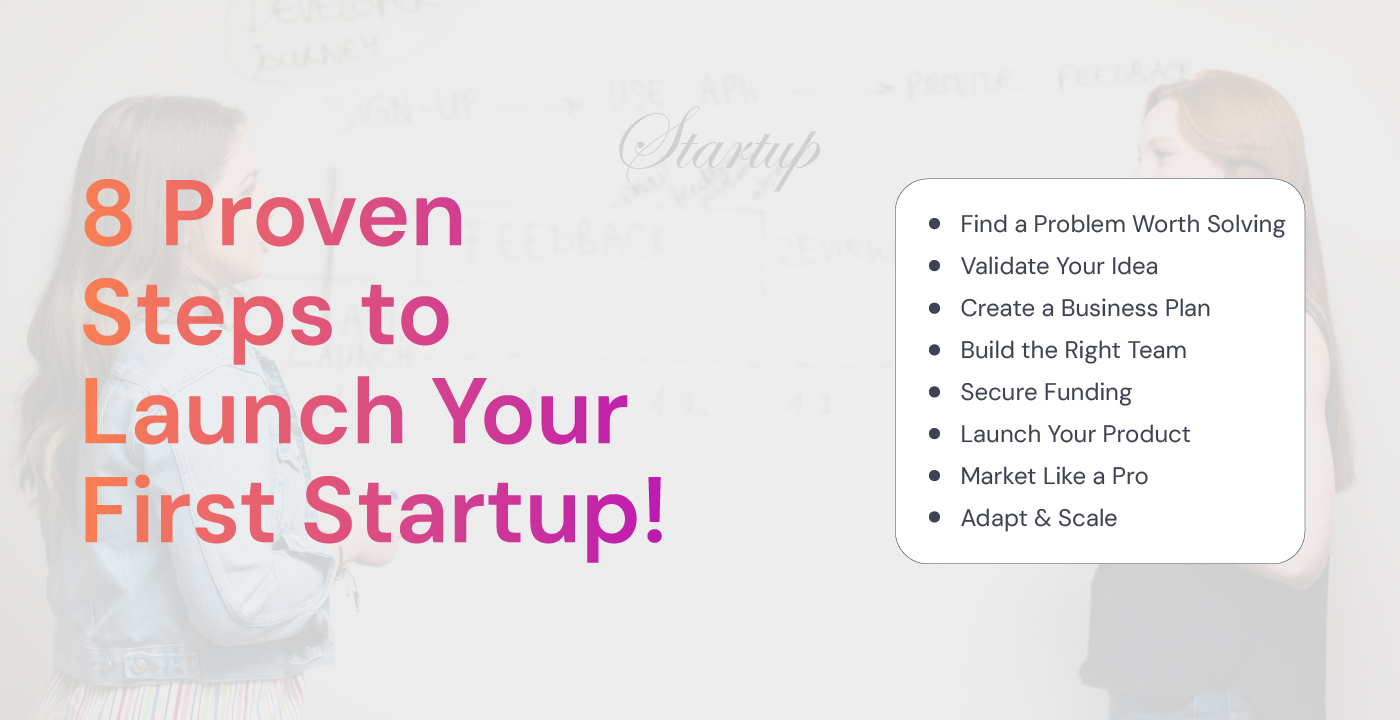Software development is faster than ever. But with speed comes risk. How do companies ensure their applications are bug-free? Traditional testing takes time but AI-powered testing is transforming Quality Assurance (QA) by making it faster, smarter and more efficient.
AI-powered testing uses artificial intelligence to automate, optimize, and improve software testing. It reduces manual effort, identifies errors quickly and even predicts issues before they happen.
But what does this mean for QA teams, and how is it changing the industry? Let’s break it down.
Understanding AI-Powered Testing: A Smarter Approach
AI-powered testing is about making them smarter. Unlike traditional test automation, where scripts follow fixed rules, AI-driven testing uses machine learning and algorithms to adapt, learn, and improve over time.
AI makes testing better and faster in many ways. One of the biggest advantages is self-healing tests. In traditional testing, when an application changes, test scripts often break, requiring manual fixes. AI can automatically update these scripts to save time and effort.
AI also improves bug detection. It quickly finds patterns and unusual behavior in real-time, allowing developers to fix issues faster. This reduces downtime and improves software quality.
Lastly, AI increases test coverage. It can create thousands of test cases in just minutes, covering different situations that humans might overlook. This ensures the software is tested thoroughly and performs well for all users.
5 Key Benefits of AI-Powered Testing
AI is changing the way software testing works. It helps businesses and testing teams in many ways. Here’s how:
1. Speed & Efficiency
AI can run thousands of tests in just a few minutes. This makes the testing process much faster and helps companies release software quickly. It is especially helpful for teams that follow agile and DevOps methods where speed is very important. AI-powered testing tools can reduce testing time by up to 80% compared to manual testing.
2. Cost Reduction
Testing software can be expensive especially when many people are needed to do manual testing. AI helps reduce costs because it does most of the work automatically. Since it finds bugs faster, companies don’t have to spend a lot of money fixing problems later.
3. Accuracy & Reliability
People can make mistakes especially when they do the same task repeatedly. AI doesn’t get tired or distracted. It runs tests perfectly every time, making sure the results are correct and reliable. This reduces the chances of errors in the final software.
4. Continuous Testing & Monitoring
AI can run tests all the time, even when no one is working. This means the software is always being checked and updated, making sure it works well at all times. If a problem happens at night, AI can find it and alert the team, so they can fix it quickly.
5. Smarter Decision-Making
AI looks at huge amounts of test data and finds patterns. It gives useful insights that help testing teams make better decisions. Instead of guessing where a problem might be, teams can use real data to fix issues and improve software quality.
5 Key Challenges of AI-Powered Testing
AI-driven testing is highly beneficial but not without issues. Some of the most common issues are:
1. Setup & Learning Curve
It’s not a question of seconds to set up AI testing. You need proper configuration and training of AI models on the right data. It takes time, effort, and expertise. Companies must invest in some lectures or courses to understand how to use AI tools properly.
2. Excessive Reliance on Data
AI learns from existing data but if data is incomplete or poor, AI may not function well. Poor data may provide incorrect test results and it may be difficult to detect real problems in the software. Maintenance of correct and updated test data should be of high priority.
3. Need for Highly Skilled Experts
Not everyone who is using AI-based testing is an AI and machine learning specialist. AI testing tools require additional training to work well. Old-school testers may have to be retrained, and some companies must hire AI specialists, which could be expensive.
4. Security Issues
AI test tools usually store and manage sensitive test information. This can pose security and privacy risks if not carried out with care. Firms should safeguard information and have severe security measures for AI tools.
5. Limited Human Judgment
AI can process data and recognize patterns but it can never match human intuition and creativity. Picture running a software test but there are some decision-making scenarios that require critical thinking and creativity but cannot be entirely replicated through AI. Human testers still need to analyze outcomes and make decisions.
The AI Future of Testing
AI testing will only expand and get better. In the next few years, we have good reason to expect great things that will keep testing simpler and even more effective, including:
1. AI & Robotic Process Automation (RPA)
AI will be integrated with Robotic Process Automation (RPA) to create an advanced automated testing system. It will not only identify bugs but will automatically correct them and human intervention will be a bare minimum.
2. Voice & Visual Testing
With more popularity of voice assistants and visual interfaces, AI will be heavily involved in their testing. It will ensure voice commands are executing smoothly and apps are accessible to all including disabled individuals.
3. AI-Generated Test Cases
Currently, the testers write test cases manually and this is a time-consuming activity. In the future, the test cases would be automatically developed by AI keeping in view the behavior of the software. It will further save human effort and enhance test coverage.
4. Broader Use in Other Industries
Testing AI will not be exclusive to software companies alone. The healthcare, automotive, and finance sectors will begin using AI to test medical devices, autonomous vehicle and banking systems. It will lead to more secure and more reliable products.
Final Thoughts
AI testing is transforming QA in 2025. It accelerates testing, enhances precision and reduces expenditure. The difficulties exist but the advantages overpower them. With increasing AI technology, QA teams have no choice but to welcome AI-based tools in order to remain competitive.
DoerzTech helps companies adopt AI-powered testing for efficient and trustworthy QA. Need help getting started? Let’s discuss it!
Book a complimentary 30-minute consultation today.
People Also Asked
1. Can AI fully replace human testers?
No. AI augments testing but cannot substitute human creativity, intuition, and judgment. Human testers are still required in complicated cases.
2. Is AI testing reserved for big companies?
No. AI testing platforms are now more accessible. Small businesses also have access to AI-powered automation.
3. How long will the implementation of AI testing take?
Implementation time varies based on the project and tool. Some teams are already feeling the effect in weeks, while others are months away from having AI fully incorporated into their QA process.









